Is a passenger bus ticket considered an invoice in Vietnam?
Is a passenger bus ticket considered an invoice in Vietnam?
Based on Clause 5 of Article 8 of Decree 123/2020/ND-CP, specific regulations on types of invoices are provided as follows:
Type of Invoice
...
- e-invoices for selling public assets are used when selling the following assets:
a) Public assets at agencies, organizations, units (including state-owned housing);
b) Infrastructure assets;
c) Public assets entrusted to businesses by the State for management without incorporating them into the company's state capital;
d) Assets of projects using state funds;
đ) Assets established as all-people ownership;
e) Public assets seized under the decision of authorized individuals or agencies;
g) Materials, supplies retrieved from handling public assets.
- e-invoices for selling national reserve goods are used when agencies or units under the national reserve system sell goods according to legal regulations.
- Other types of invoices include:
a) Stamps, tickets, cards with the form and content specified in this Decree;
b) Receipts for air transportation fees; documents collecting fees for international transportation; documents collecting fees for banking services excluding those defined at point a of this clause formed following international practice and relevant legal provisions.
...
Thus, according to the above regulation, a passenger bus ticket is considered a type of invoice.
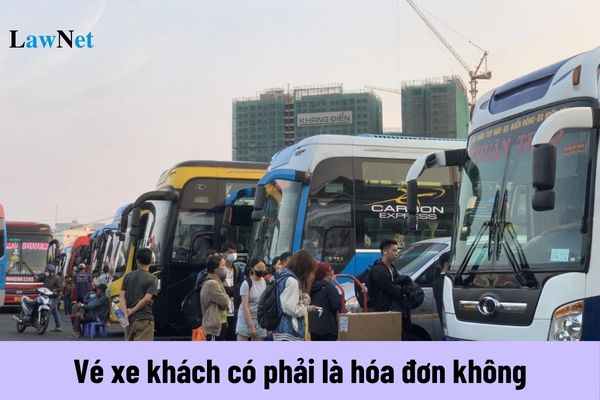
Is a passenger bus ticket considered an invoice in Vietnam? (Image from the Internet)
What are prohibited acts in issuing invoices in Vietnam?
According to Article 5 of Decree 123/2020/ND-CP, prohibited acts in issuing invoices are regulated as follows:
- For tax officials
+ Cause inconvenience and difficulty for organizations or individuals purchasing invoices, receipts;
+ Engage in acts of concealment or collusion allowing organizations or individuals to use invoices and receipts unlawfully;
+ Accept bribes during inspections and audits related to invoices.
- For organizations, individuals selling, providing goods or services, and those with related rights and obligations
+ Commit fraudulent acts such as unauthorized use of invoices, unlawful usage of invoices;
+ Obstruct tax officials in the execution of their duties, specifically actions that harm the health and dignity of tax officials during invoice and receipt inspections;
+ Unauthorized access, alteration, destruction of information systems concerning invoices and receipts;
+ Offer bribes or perform other acts related to invoices and receipts for illicit gain.
Vietnam: What is an e-invoice?
Based on Clause 2 of Article 3 of Decree 123/2020/ND-CP regarding e-invoices:
An e-invoice is an invoice with or without a tax authority code presented in an e-data format by the seller of goods or services, made using e-means to record sales information in accordance with legal provisions on accounting and taxation. It includes invoices generated from cash registers connected for e-data transfer to the tax authority, wherein:
- An e-invoice with a tax authority code is one for which the tax authority has issued a code before the seller dispatches it to the purchaser.
- The tax authority code on an e-invoice includes a transaction number, a unique series generated by the tax authority's system, and a code string encoded by the tax authority based on seller information on the invoice.
- An e-invoice without a tax authority code is an e-invoice sent by the seller to the purchaser that does not have a tax authority code.
Vietnam: How many components does the e-invoice format include?
According to Clause 2 of Article 12 of Decree 123/2020/ND-CP, the components of an e-invoice are regulated as follows:
e-Invoice Format
- The e-invoice format is a technical standard that specifies data types and data length for fields serving the transmission, receipt, storage, and display of e-invoices. The e-invoice format uses XML (eXtensible Markup Language) for data exchange among IT systems.
- The e-invoice format comprises two components: one containing transaction data of the e-invoice and another containing digital signature data. For e-invoices with a tax authority code, an additional component contains data related to the tax code.
- The General Department of Taxation establishes and publishes components containing transaction data of e-invoices, components containing digital signature data, and provides tools for displaying contents of e-invoices according to this Decree.
....
Therefore, based on the above regulation, the e-invoice format includes two components: one containing the e-invoice transaction data and another containing the digital signature data.
Additionally, for e-invoices with a tax authority code, there is an extra component containing data related to the tax authority code.
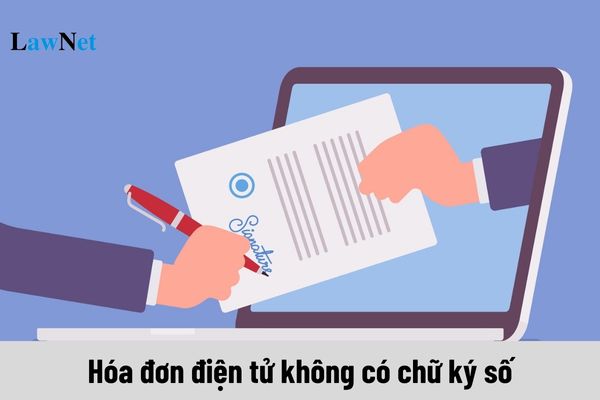

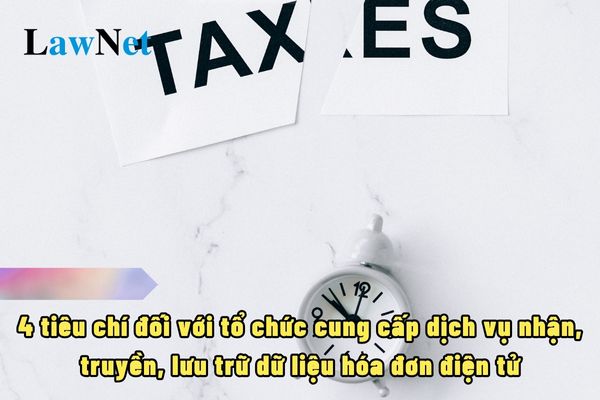

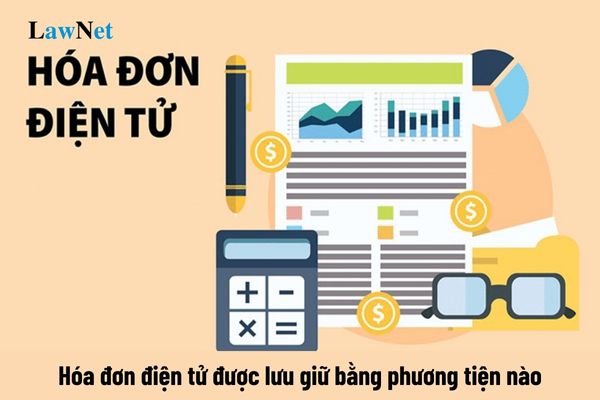

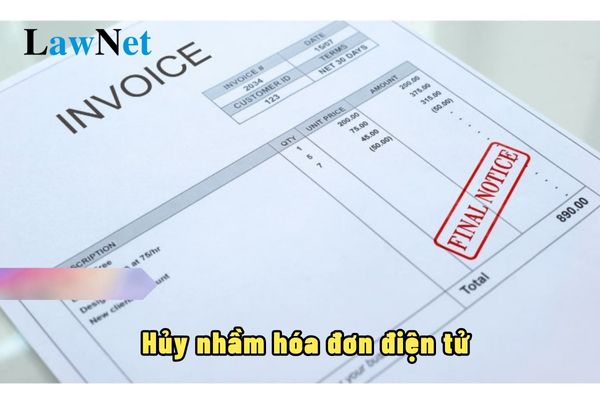
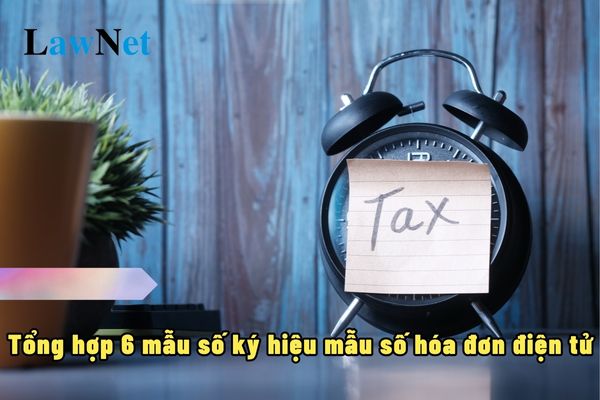
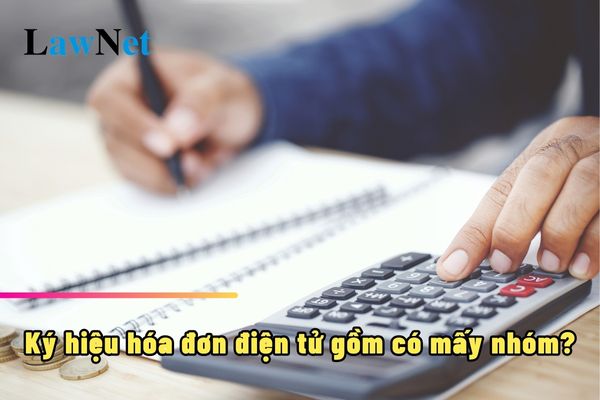
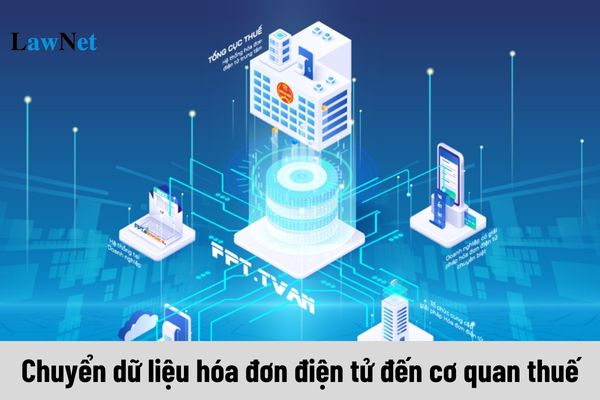
- What is the export tariff schedule of Vietnam in 2024? When are the export and import duties calculated?
- What is the guidance on writing form 01b-hsb bhxh for the proposal list in Vietnam? Are the convalescence and post-maternity recovery benefits subject to PIT in Vietnam?
- What is the list of VAT refund documents for outbound passengers in Vietnam in 2025?
- Who are the office holders in the taxation in Vietnam?? What Are the Codes of Conduct?
- How to handle the case where there is a conflict of interest of office holders in taxation in Vietnam?
- What are cases of conflict of interest of office holders in taxationation in Vietnam?
- What is the classification of digital certificates in taxation in Vietnam?
- What is the import and export tariff schedule of Vietnam in 2024? Which goods are subject to export duties?
- What is the Form for corporate income tax for real estate transfer in Vietnam according to Circular 80?
- Vietnam: What does the supplementary personal income tax declaration dossier include?

